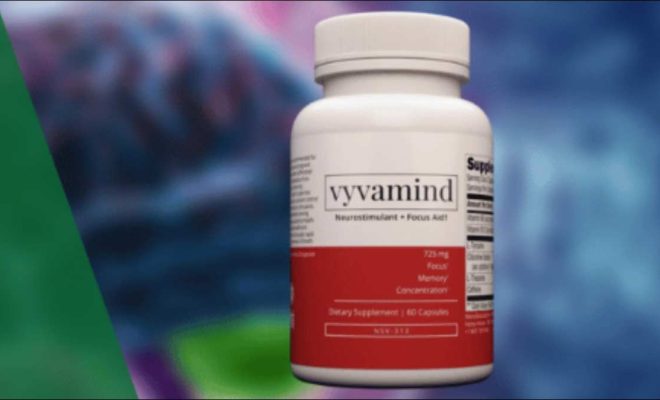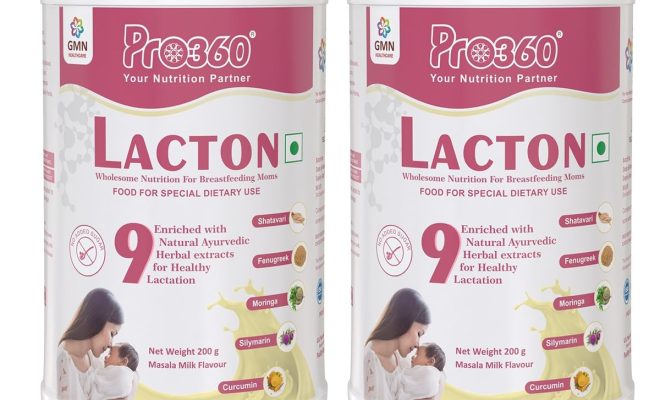Best Mental Health Treatment Centers & Recovery Programs: A Guide to Finding the Right Fit for You

Mental health is crucial to overall well-being, yet it often takes a back seat in our busy lives. Fortunately, the stigma around mental health issues is slowly fading, and with it, a surge of quality treatment centers and recovery programs have become available. But with so many options, how does one choose the best facility? While individual needs differ, there are key factors to consider when selecting a top-tier mental health treatment center and recovery program.
Personalization of Care: One size does not fit all when it comes to mental health treatment. The best centers offer personalized care plans that are tailored to each individual’s specific conditions and needs. This includes a thorough assessment before starting treatment and flexibility in adjusting therapy as one progresses.
Qualified Staff: The effectiveness of any treatment program largely depends on the expertise of its staff. Leading treatment facilities boast multidisciplinary teams composed of psychiatrists, psychologists, therapists, and other mental health professionals who are licensed and highly experienced in treating a wide range of mental health disorders.
Evidence-Based Practices: Look for centers that utilize evidence-based therapeutic approaches. This means they employ treatments that have been rigorously tested and proven effective through scientific research, such as Cognitive Behavioral Therapy (CBT), Dialectical Behavior Therapy (DBT), or Eye Movement Desensitization and Reprocessing (EMDR).
Holistic Approach: A center that takes a holistic approach recognizes that healing must occur on multiple levels – physical, emotional, spiritual, and social. Such programs often include nutritional counseling, exercise routines, mindfulness practices, and social skills development alongside traditional therapies.
Aftercare Support: Recovery doesn’t end when the program does. The best centers provide comprehensive aftercare support to help former patients maintain their mental health gains. This might include outpatient services, support groups, or continued access to therapy sessions post-treatment.
Facility Environment: The setting in which one receives treatment plays a significant role in recovery. Comfortable accommodations in a serene environment can greatly enhance the healing process by reducing stress and providing a safe space for introspection and growth.
Success Rates: While success can be difficult to measure in mental health recovery, centers often track their success rates through various outcomes like symptom reduction or improvement in quality of life. High success rates indicate that the center’s programs are effective.
Insurance and Cost: Treatments can be costly; therefore, finding a center that accepts insurance can significantly alleviate financial strain. Additionally, transparency about costs from the outset is important to avoid any hidden charges down the line.
When searching for the best mental health treatment center or recovery program for yourself or a loved one, these factors will guide you toward making an informed decision. Remember to always consult with healthcare professionals before deciding on any treatment plan. Taking care to choose the right facility is a crucial step on the path toward recovery and should be undertaken with thorough consideration and care.






